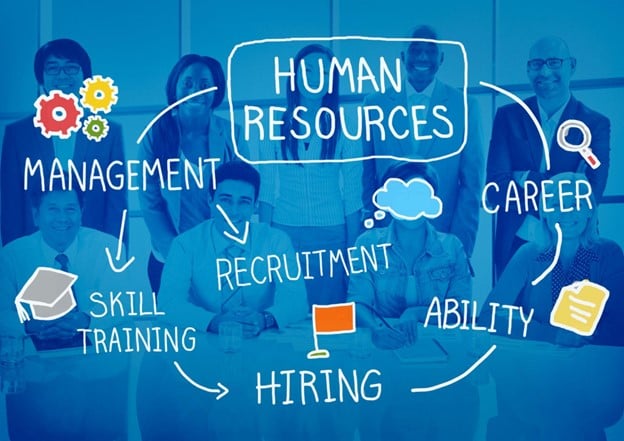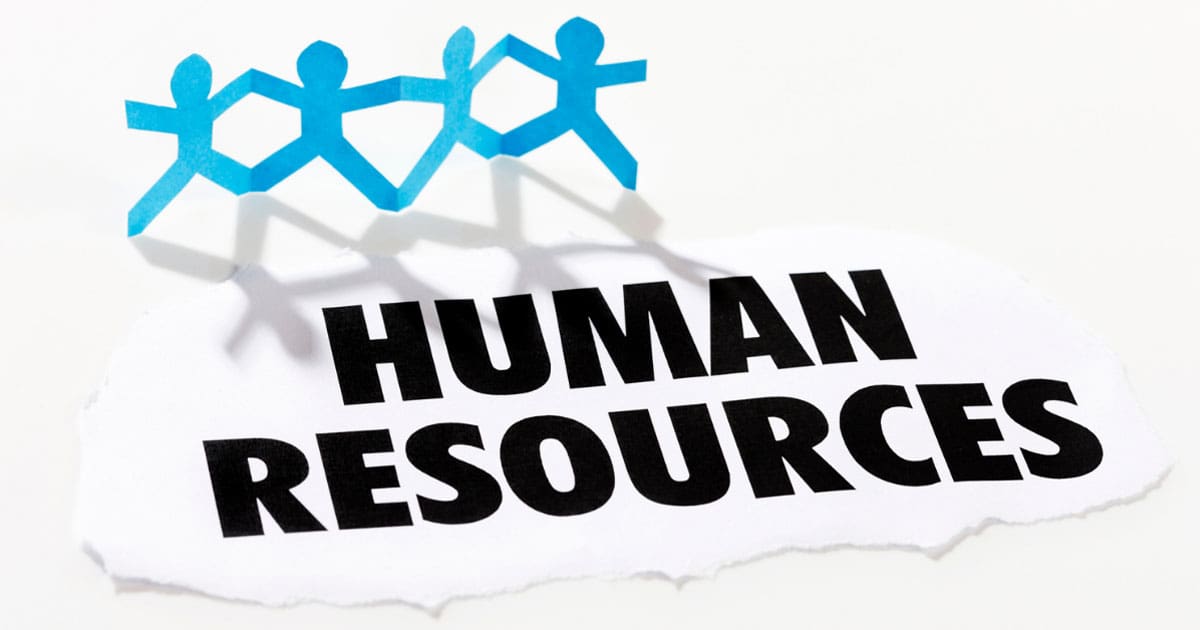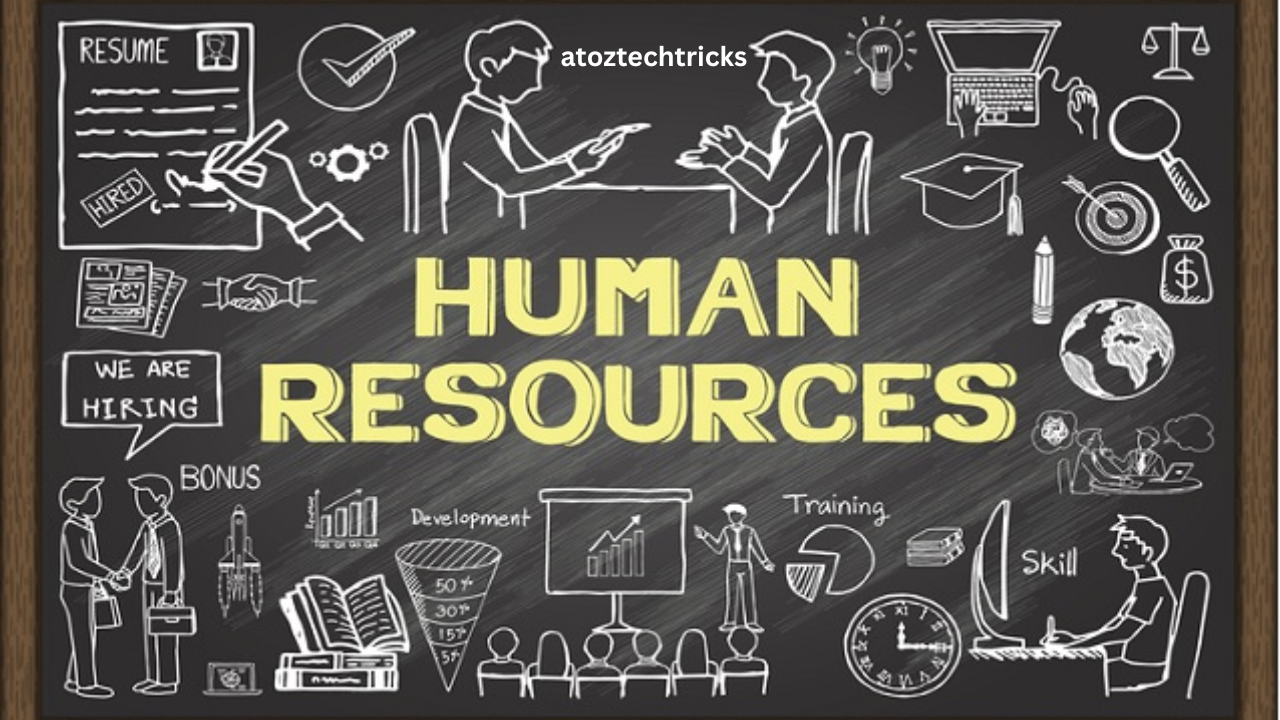Human Resources Careers: Exploring Opportunities and Growth
Human Resources (HR) is a crucial function within organizations, responsible for managing and optimizing the workforce to achieve organizational goals. As businesses evolve, HR professionals play an increasingly strategic role, moving beyond traditional administrative functions to become key contributors to organizational success. This article delves into the various career paths within HR, the essential skills required, and the future trends shaping the profession.
1. Understanding Human Resources
Human Resources encompasses a wide range of functions designed to support and manage an organization’s workforce. Traditionally, HR focused on administrative tasks such as hiring, payroll, and benefits administration. However, the field has evolved significantly, incorporating strategic elements like talent management, organizational development, and employee engagement.
Key Functions of HR
- Recruitment and Staffing: Attracting, interviewing, and hiring candidates to fill positions within the organization.
- Employee Relations: Managing relationships between employees and the organization, addressing conflicts, and ensuring a positive work environment.
- Training and Development: Designing and implementing training programs to enhance employees’ skills and career growth.
- Compensation and Benefits: Developing and managing salary structures, benefits packages, and other compensation-related functions.
- Compliance and Legal: Ensuring that the organization adheres to labour laws, regulations, and industry standards.
- Organizational Development: Implementing strategies to improve organizational effectiveness, including change management and leadership development.

2. Career Paths in Human Resources
The HR field offers a diverse range of career paths, each with its unique responsibilities and opportunities. Here are some of the most prominent roles:
2.1 HR Generalist
Role Overview: HR Generalists handle a variety of HR functions, from recruitment and employee relations to compliance and benefits administration. They are versatile professionals capable of managing multiple HR tasks simultaneously.
Key Responsibilities:
- Overseeing day-to-day HR operations
- Managing employee records and data
- Implementing HR policies and procedures
- Assisting with recruitment and onboarding
Skills Required:
- Strong communication and interpersonal skills
- Problem-solving and conflict resolution
- Organizational and multitasking abilities
- Knowledge of employment laws and regulations
2.2 HR Specialist
Role Overview: HR Specialists focus on specific areas within HR, such as recruitment, compensation, or employee relations. They possess deep expertise in their specialized area and contribute to the development of best practices.
Key Responsibilities:
- Developing and implementing specialized HR programs
- Conducting research and analysis in their area of expertise
- Advising management on HR-related issues
- Managing complex employee cases or projects
Skills Required:
- Expertise in a specific HR function
- Analytical and research skills
- Strong attention to detail
- Ability to work independently and as part of a team
2.3 HR Manager
Role Overview: HR Managers oversee the HR department and coordinate HR activities across the organization. They ensure that HR practices align with organizational goals and drive HR strategy.
Key Responsibilities:
- Managing HR staff and resources
- Developing and implementing HR policies and programs
- Handling complex employee issues and disputes
- Reporting on HR metrics and performance
Skills Required:
- Leadership and management skills
- Strategic thinking and problem-solving
- Excellent communication and negotiation skills
- Ability to manage change and drive organizational improvement
2.4 HR Director
Role Overview: HR Directors are senior-level executives responsible for setting HR strategy and ensuring its alignment with overall business objectives. They work closely with executive leadership to shape the organization’s HR vision and strategy.
Key Responsibilities:
- Developing and executing HR strategy and initiatives
- Advising senior leadership on HR matters
- Overseeing the HR function and ensuring compliance with regulations
- Managing HR budgets and resources
Skills Required:
- Strategic leadership and vision
- Advanced knowledge of HR practices and regulations
- Strong business acumen and financial management
- Ability to influence and negotiate at the executive level
2.5 Chief Human Resources Officer (CHRO)
Role Overview: The CHRO is the highest-ranking HR professional in an organization, responsible for leading the HR function at a strategic level. They play a critical role in shaping the organization’s culture, talent strategy, and overall HR approach.
Key Responsibilities:
- Setting the overall HR strategy and vision
- Leading HR transformation and innovation
- Partnering with the CEO and other executives on strategic initiatives
- Managing organizational change and culture
Skills Required:
- Exceptional leadership and strategic thinking
- Extensive experience in HR and business management
- Strong executive presence and communication skills
- Ability to drive organizational change and foster a positive work culture
Management Careers: A Comprehensive Guide to Navigating the Path to Leadership
3. Essential Skills for HR Professionals
Regardless of the specific HR role, certain skills are crucial for success in the field:
3.1 Communication Skills
HR professionals must communicate effectively with employees, management, and external stakeholders. Strong verbal and written communication skills are essential for conveying policies, resolving conflicts, and providing guidance.
3.2 Interpersonal Skills
Building positive relationships and managing employee interactions require strong interpersonal skills. HR professionals need to be empathetic, approachable, and capable of handling sensitive situations with discretion.
3.3 Problem-Solving and Conflict Resolution
HR professionals often deal with complex issues and conflicts. Effective problem-solving and conflict-resolution skills are necessary to address disputes, find solutions, and maintain a harmonious work environment.
3.4 Organizational and Time Management
Managing multiple tasks and priorities efficiently is crucial in HR. Strong organizational and time management skills help HR professionals stay on top of their responsibilities and meet deadlines.
3.5 Analytical Skills
HR professionals need to analyze data, assess trends, and make data-driven decisions. Analytical skills are important for evaluating HR metrics, identifying areas for improvement, and developing effective HR strategies.
3.6 Knowledge of Employment Laws and Regulations
A solid understanding of employment laws and regulations is essential for ensuring compliance and minimizing legal risks. HR professionals must stay updated on labour laws, regulations, and industry standards.

4. Education and Certifications
4.1 Educational Requirements
A career in HR typically requires a bachelor’s degree in human resources, business administration, psychology, or a related field. Advanced positions may require a master’s degree or specialized training.
4.2 Professional Certifications
Certifications can enhance an HR professional’s credibility and career prospects. Some widely recognized certifications include:
- SHRM Certified Professional (SHRM-CP) / SHRM Senior Certified Professional (SHRM-SCP): Offered by the Society for Human Resource Management (SHRM), these certifications validate HR expertise and knowledge.
- Professional in Human Resources (PHR) / Senior Professional in Human Resources (SPHR): Offered by the HR Certification Institute (HRCI), these certifications demonstrate proficiency in HR management and strategic planning.
- Certified Compensation Professional (CCP): Focuses on compensation and benefits management, provided by WorldatWork.
Entrepreneurship Careers: Pathways, Challenges, and Opportunities
5. Future Trends in Human Resources
As the business landscape evolves, so does the role of HR. Here are some key trends shaping the future of HR:
5.1 Technology Integration
Technology is transforming HR practices, from recruitment and onboarding to performance management and employee engagement. HR professionals must adapt to new technologies, including HR software, artificial intelligence, and data analytics.
5.2 Employee Experience and Well-being
Organizations are increasingly focusing on enhancing the employee experience and well-being. HR professionals are responsible for creating a positive work environment, promoting work-life balance, and supporting employees mental and physical health.
5.3 Diversity, Equity, and Inclusion (DEI)
Diversity, equity, and inclusion are top priorities for many organizations. HR professionals play a critical role in developing and implementing DEI initiatives, fostering an inclusive workplace, and addressing biases.
5.4 Remote Work and Flexibility
The rise of remote work and flexible work arrangements is reshaping HR practices. HR professionals need to manage remote teams, develop policies for flexible work, and ensure effective communication and collaboration.
5.5 Data-Driven HR
Data analytics is becoming increasingly important in HR decision-making. HR professionals are leveraging data to track performance, measure employee engagement, and make informed decisions about talent management and organizational development.

A career in Human Resources offers diverse opportunities and challenges, making it an exciting and dynamic field. From managing recruitment and employee relations to driving strategic initiatives and embracing technological advancements, HR professionals play a vital role in shaping organizational success. By developing essential skills, pursuing relevant education and certifications, and staying abreast of industry trends, HR professionals can build a rewarding career and contribute to the growth and development of their organizations.
Whether you are considering a career in HR or looking to advance in the field, understanding the various roles, required skills, and future trends will help you navigate your career path effectively. Embrace the opportunities and challenges of HR, and be prepared to make a meaningful impact in the world of work.
Technology Careers: Exploring Opportunities in a Dynamic Industry




Post Comment